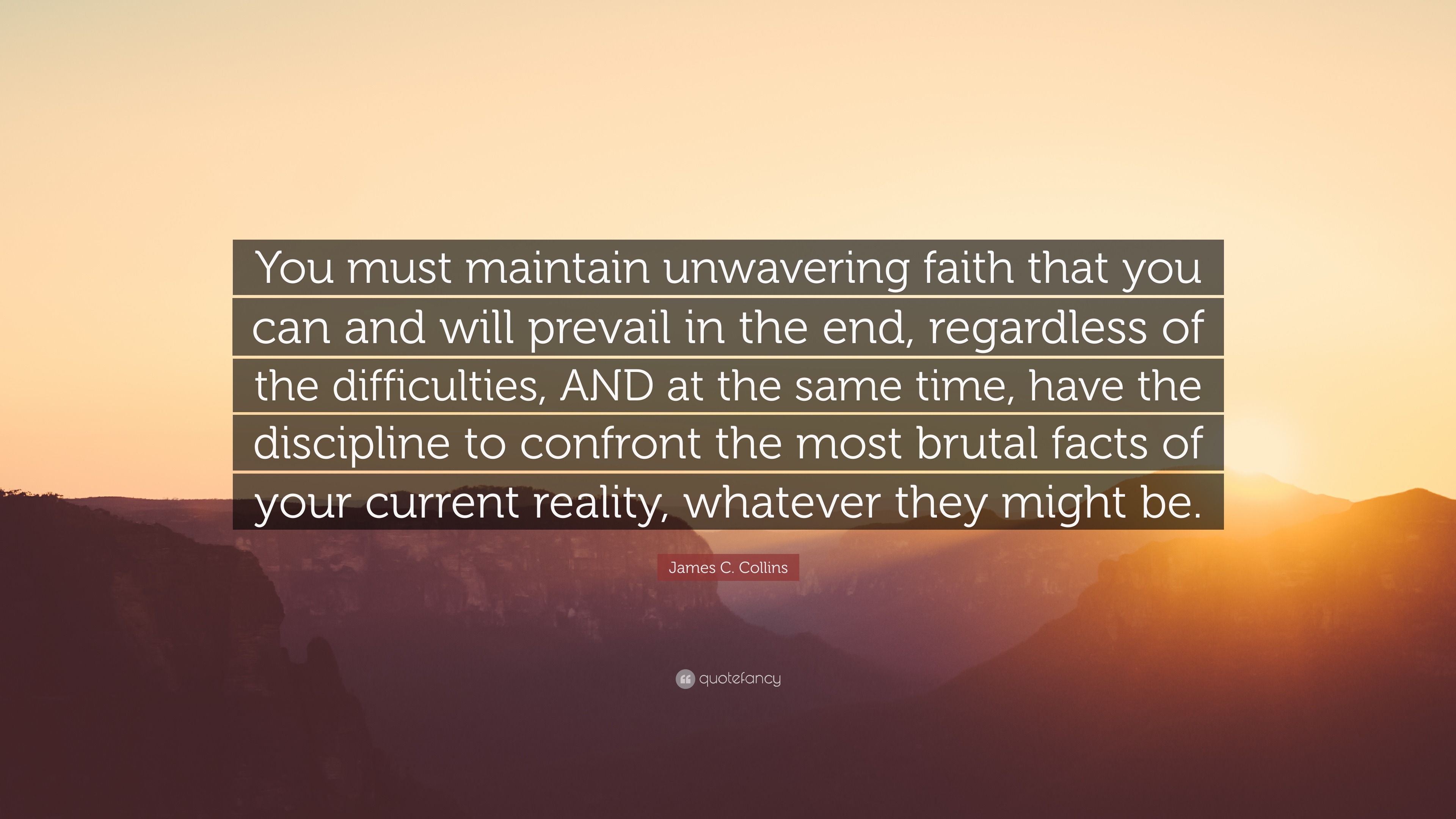
Greathouse also represents the view that Collins' book How the Mighty Fall: And Why Some Companies Never Give In blames some of the failed companies themselves for having drastically changed after Collins' books were printed. John Greathouse alleges in a critical review that Collins once made a comment stating, "The books never promised that these companies would always be great, just that they were once great." Greathouse claims the statement was an attempt by Collins to defend the book, and other previous works. Levitt concludes that books like this are "mostly backward-looking" and can't offer a guide for the future." He further states that investing in the portfolio of the 11 companies covered by the book, in the year of 2001, would actually result in underperforming the S&P 500. Levitt noted that some of the companies selected as "great" have since gotten into serious trouble, such as Circuit City and Fannie Mae, while only Nucor had "dramatically outperformed the stock market" and "Abbott Labs and Wells Fargo have done okay". Holt and Cameron state the book provides a "generic business recipe" that ignores "particular strategic opportunities and challenges." DeMarco goes back to Aesop's original fable to expose and correct the error. DeMarco identifies the fatal error in Collins' book is placing the good in direct opposition to greatness and, thus, Collins' unintendedly created a proxy for greed. In his 2012 article, The Moral Fox, Peter C. It was described as "a deeply-researched analysis." in the Time (magazine) list of The 25 Most Influential Business Management Books. Publishers Weekly called it "worthwhile", although "many of Collins' perspectives on running a business are amazingly simple and commonsense". The book was "cited by several members of The Wall Street Journal's CEO Council as the best management book they've read." are looked at separately as a clump": Unsustained Comparisons Gillette Company (now a Procter & Gamble brand)Ī&P (declared bankruptcy in 20 all supermarkets sold or shut down in 2015)Ĭollins includes 6 examples of companies that did not sustain their change to greatness. The Good to Great companies Great companies and their comparators Ĭollins finds eleven examples of "great companies" and comparators, similar in industry-type and opportunity, but which failed to achieve the good-to-great growth shown in the great companies:

The book was published on October 16, 2001. The book was a bestseller, selling four million copies and going far beyond the traditional audience of business books. Collins that describes how companies transition from being good companies to great companies, and how most companies fail to make the transition. and Others Don't is a management book by Jim C.

Good to Great: Why Some Companies Make the Leap.


 0 kommentar(er)
0 kommentar(er)
